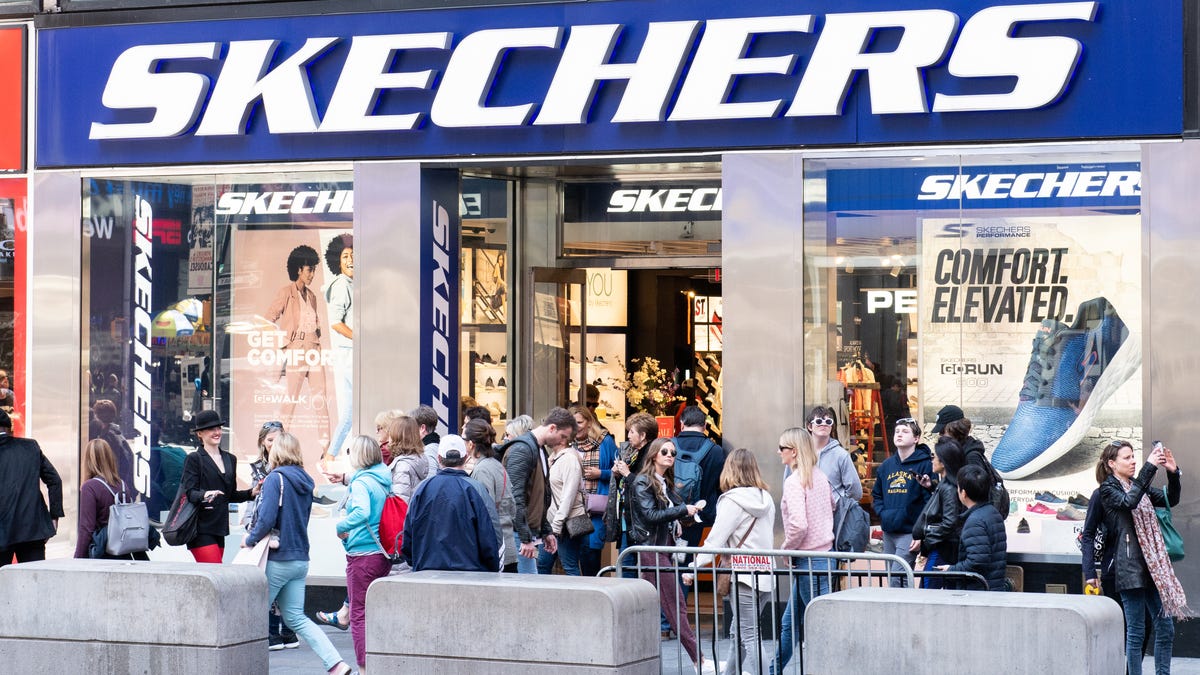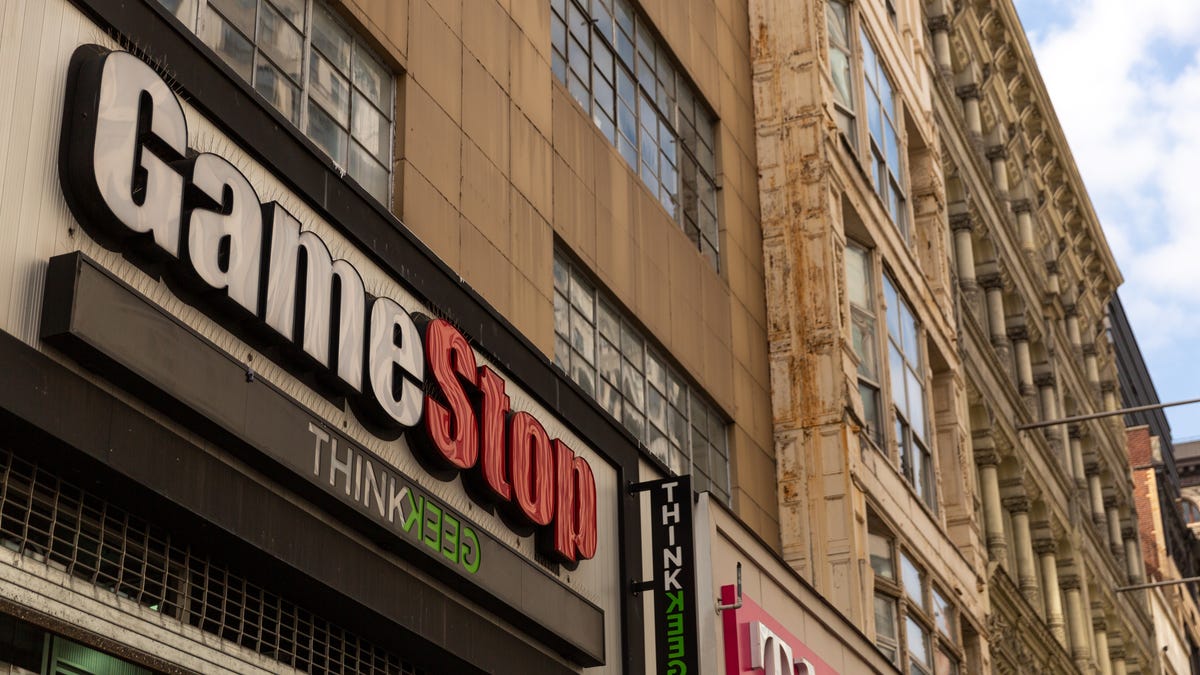Footwear Companies Navigate Wholesale Business Dynamics
Consumer spending trends are impacting footwear companies differently, with Skechers experiencing a significant boost in sales through its wholesale partners based in California. Meanwhile, Nike, the world’s leading shoe company by market capitalization, is actively engaging with retail partners to rebuild relationships after severing ties with many in recent years.
The Skechers Success Story
Skechers witnessed a commendable increase of nearly 10% in sales from its wholesale partners during the latest quarterly report. Collaborating with renowned retailers such as Macy’s and DSW, the California-based company has effectively leveraged its wholesale channels to drive growth.
Nike’s Reinvention Journey
Contrastingly, Nike, with its extensive reach and market dominance, is focusing on reengaging with retail partners to revamp its performance potential. The company’s CEO, John Donahoe, highlighted the importance of refining storytelling strategies and collaborating with wholesale partners to enhance market presence and facilitate growth. By partnering with key retailers like Macy’s, DSW, Dick’s Sporting Goods, and Zalando, Nike is aiming to transform its retail narrative and strengthen its standing within the industry.
Moreover, Nike’s decision to downsize its employee count at Converse signifies a strategic move towards aligning resources for future growth opportunities. Converse, a subsidiary of Nike since 2003, holds a significant position in the footwear, apparel, and accessories market.
Adidas’ Wholesale Business Challenges
Adidas, the second largest footwear company globally, is navigating challenges in its North American wholesale sector, despite receiving a boost from Yeezy collaborations earlier in the year. The brand reported growth across all markets except North America, reflecting a 4% revenue decline in the region. CEO Bjorn Gulden revealed plans to introduce more affordable versions of its iconic suede Samba sneakers to cater to a wider consumer base.
Gulden’s announcement to offer suede sneakers in the $60 to $80 price range, as opposed to the typical $100 to $150 range, underscores Adidas’ commitment to diversifying its product offerings and enhancing accessibility for customers. By adapting its pricing strategy, Adidas aims to appeal to retailers like Foot Locker, Intersport, and Deichmann while expanding its consumer reach.
Image/Photo credit: source url





